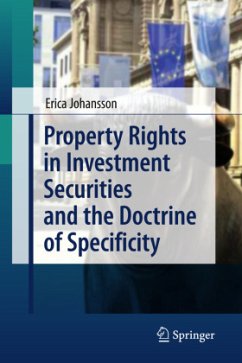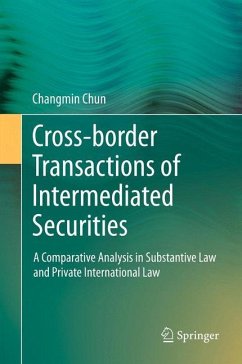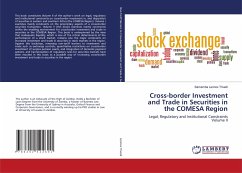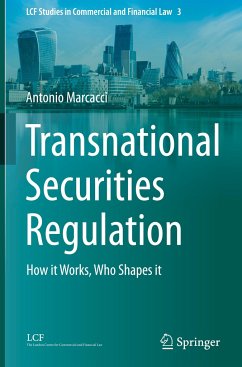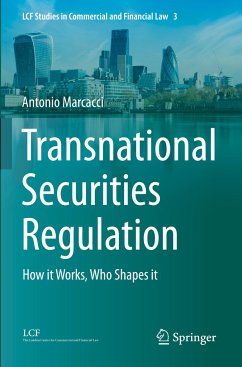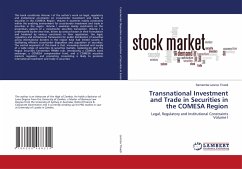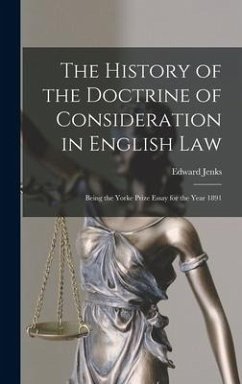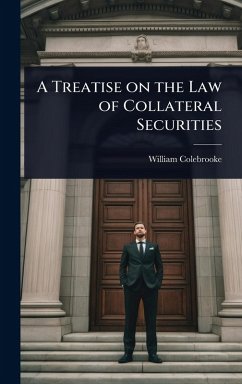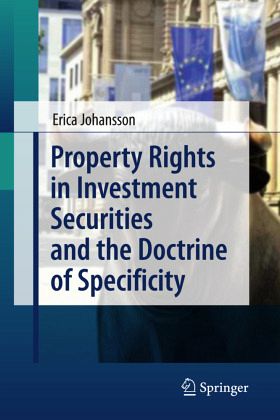
Property Rights in Investment Securities and the Doctrine of Specificity
Versandkostenfrei!
Versandfertig in 6-10 Tagen
76,99 €
inkl. MwSt.
Weitere Ausgaben:

PAYBACK Punkte
38 °P sammeln!
The swift developments within the financial markets over the last 20-30 years conflict with traditional property law structures and have caused a great degree of legal uncertainty. This book evaluates the requirement for specificity as a criterion for property rights in securities evidenced by electronic entries made on securities accounts. Three principal questions are examined: i) reuse of financial collateral and the problems arising from the collateral-taker's right to reuse the collateral; ii) characterisation of repos; and iii) the question of property rights in securities that are unallocated in relation to their entitlement holders. The analysis is made from the perspective of specificity and the requirement that the object of a property right must be identified. English, US and Swedish law are compared with the aim of finding viable solutions to the identified problems.
This book is, with some adjustments and additions, largely based on my PhD thesis on Property Rights in Investment Securities and the Doctrine of Speci?city, which I defended in London on 15 June 2007 with Professor Lars Gorton and Dr. Kern Alexander as examiners. The subject matter is the doctrine of speci?city and its non-conformity with the developments in the ?nancial markets. As this book shows, the requirement for speci?city in book-entry securities is closely linked to loss allocation. If we decided that the rights that the investor has against its intermediary shall be property rights (as opposed to claims), then, loss allocation is crucial. Should the intermediary become insolvent and there be ins- ?cient securities, the shortfall has to be distributed. Through segregation on des- nated accounts the level of protection for the investor can be increased. It can also be increased by a requirement that the intermediary should hold a suf?cient number of securities corresponding to its customers securities. During the course of this work I have received valuable assistance from s- eral persons, for which I am very grateful. First of all, I am indebted to Tekn. dr. Marcus Wallenbergs Stiftelse for utbildning i internationellt industriellt for etagande and For etagsjuridik Nord & Co for the ?nancial support they have provided.




